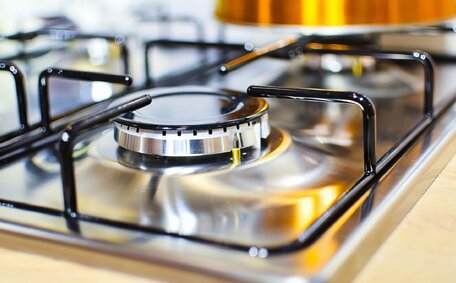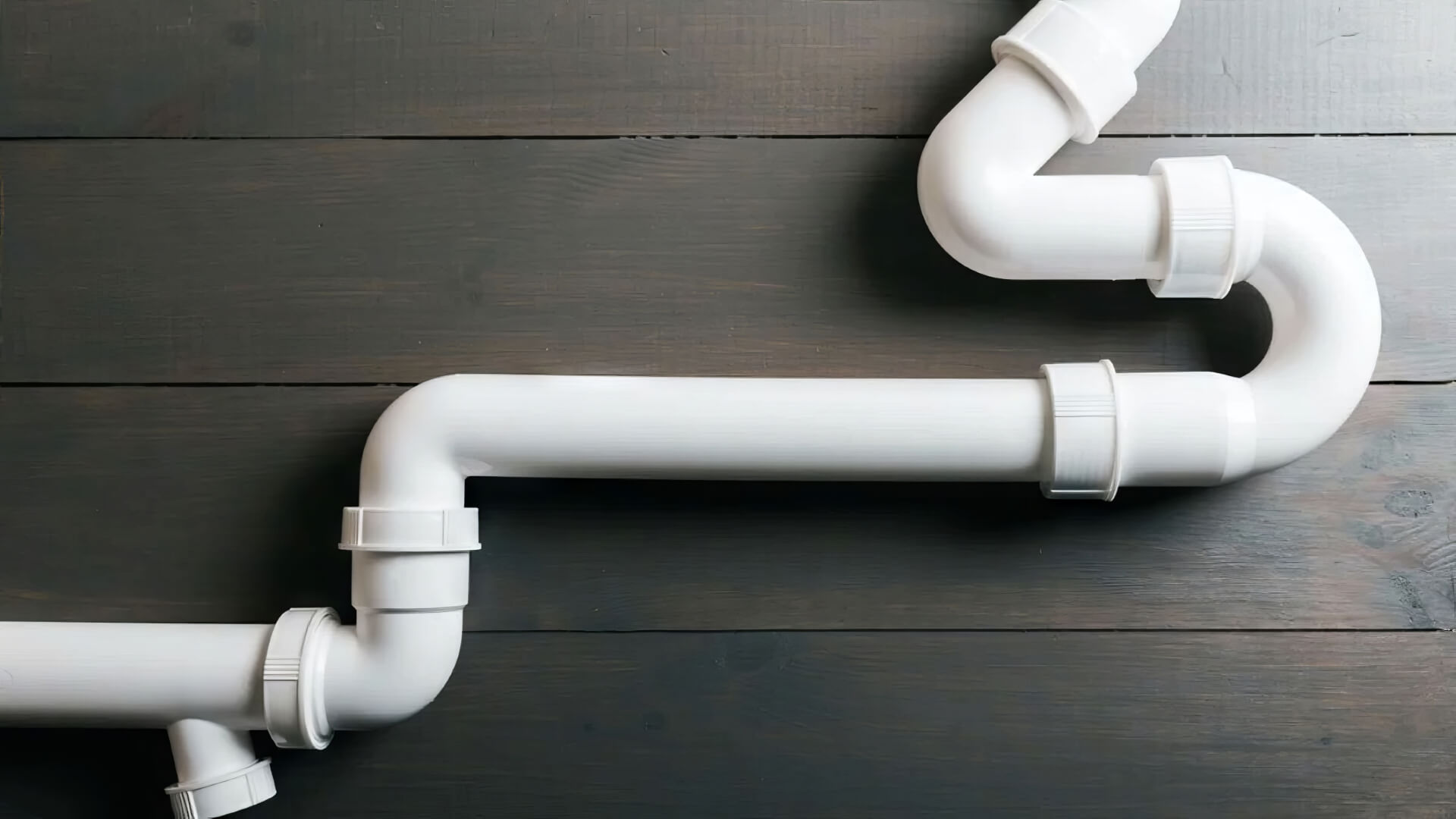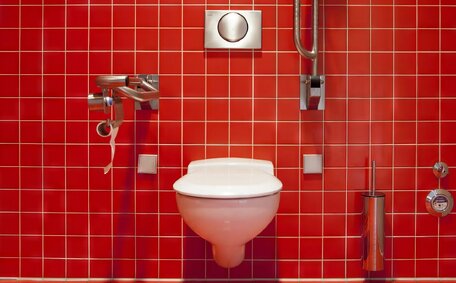Introduction to Hot Water Systems
Hot water systems are essential in numerous residences and commercial spaces in Campbelltown, providing vital daily comfort. They provide the hot water we use for bathing, washing dishes and clothes, and various cleaning needs. The most common types of water heaters in our area are electric, gas, tankless water systems, and heat pumps.
Having a properly functioning hot water service impacts our daily comfort and hygiene. Malfunctioning units can significantly disrupt the routine of households and businesses. Grasping the fundamentals of hot water system operation can help you select the right system for your needs and perform basic troubleshooting.
Key Components of a Hot Water System
The main components found in most standard hot water systems include:
- Water Tank - Retains water, enabling efficient heating. Available in different sizes depending on hot water demand.
- Thermostat with Sensors - Regulates water temperature, activating the heater when necessary.
- Heating Element - Electric models utilise one or two elements to heat water, while gas models deploy burners. Gas models use gas burners.
- Water Inlet and Outlet Pipes - Allow cold water entry for heating and hot water exit to your taps.
- Insulation - Envelops the tank, mitigating heat loss.
- Exhaust Flue - Expels combustion gases in gas models.
- Anode Rod - Helps protect inner tank from corrosion.
These crucial components cooperate to safely store and provide hot water at the required temperature throughout your home or business.
Water Tank
The tank is a key component in a hot water system, storing and heating sufficient quantities for your use. The size and capacity of the tank determine how long before you may run out hot water during heavy usage.
For an average household size, a 200-litre tank usually meets daily hot water needs adequately. On the other hand, larger homes or situations with high demand may require tanks larger than 300 litres.
The differences between water tank materials also matter. Stainless steel tanks are known for their extended durability. Conversely, plastic polymer tanks may degrade faster due to heat and pressure.
Heating Element
In electric water systems, the heating element is the key component responsible for warming the water. It is an electrical resistance heater that works similarly to the coils in an electric stove or oven.
When the thermostat calls for hot water to meet temperature needs, the heating element turns on and heats the water within the tank. Most electric hot water systems use 1-2 heating elements depending on the tank size, indicating the tank where the water is stored. The wattage of the element determines how quickly it can heat the water.
To ensure your water heater runs efficiently, the heating element needs to be fully submerged within the tank at all times. If minerals accumulate and leave dry areas, the element gets too hot and burns out prematurely. Yearly maintenance, such as tank flushing, reduces mineral deposits.
Thermostat
The thermostat is the control centre of a hot water system. It regulates the temperature of the water inside the tank by monitoring it with sensors and turning the heating source on or off as needed.
Most hot water systems have an adjustable thermostat that allows you to set the desired water temperature, usually between 45-70°C. Excessively high settings can cause scalding, whereas too low could elevate energy costs and pose bacterial risks.
Adjust the thermostat to the lowest temperature that still delivers comfortably hot water. Households with higher demand might need to set higher temperatures, leading to increased energy consumption. Lowering the temperature while away can conserve energy and reduce costs.
A faulty thermostat causes unstable water temperatures when hot water is inconsistent. If your hot water fluctuates between hot and cold, contact a plumber for a potential same day test and thermostat replacement.
Types of Hot Water Systems
There are several main types of hot water systems commonly used in Campbelltown homes and businesses:
Electric Storage
Electric water heater units utilise heating elements to heat water stored within an insulated hot water tank. Energy efficient models include multiple heating elements and timers. Electric storage hot water systems typically have low upfront costs but may incur higher running costs.
Gas Storage
Gas water heater systems utilize natural or LPG gas to heat water in a storage tank, offering a more efficient solution. The gas burner or heat exchanger warms a storage tank. Gas storage water heaters provide continuous flow hot water, making them an energy-efficient option.
Although gas systems are energy-efficient, they have more complex installation requirements than electric alternatives.
Tankless/Instantaneous
Both electric and gas tankless water heater systems heat water on demand rather than storing hot water. Compact tankless water heaters save space and can supply unlimited hot water as needed, but have a flow rate limit. Tankless instant gas models offer greater efficiency compared to electric due to immediate heat generation without the need for a heat exchanger.
Heat pump systems work by extracting ambient heat from the air, efficiently warming the cold water as it flows through a heat exchanger. Systems incorporating a storage tank offer backup hot water supply. Heat pump water heaters typically have the lowest operating costs.
Electric
Electric systems heat water using immersed heating elements within an insulated tank. When the thermostat signals that the temperature has dropped below the set point, the elements switch on to warm up the water again before shutting off.
Electric hot water units, systems typically assessed, have lower upfront equipment and installation costs compared to gas systems. However, they may incur higher operational costs over time due to energy rates, system size, and water usage.
One disadvantage of electric systems is longer recovery times to reheat a depleted tank of hot water after high usage. Larger families may need enhanced electric systems with additional heating elements to cater to their hot water needs.
Make sure your electric hot water system is properly maintained to maximise efficiency and element lifespan. Flushing the tank annually prevents mineral buildup on elements. Installing timers can also optimise heating during lower offpeak rate periods, reducing electricity costs.
Gas
Does gas hot water systems, inclusive of various models, warm water by deploying natural gas or LPG burners and heat exchangers. The gas flame or burner heats a storage tank of water. Gas systems tend to heat water faster and more efficiently than electric models.
In comparison to electric heaters, gas water heaters generally have lower running costs but require a higher initial investment and intricate venting arrangements. Modern gas units with electronic ignition use less energy than those with an inefficient pilot light.
Gas hot water systems provide a reliable, continuous flow of hot water. Ensure that your gas line is capable of meeting the demand and that it undergoes yearly maintenance, especially with frequent hot tap usage. Investigating how does gas tankless systems function reveals they offer unlimited hot water, yet may not support multiple taps simultaneously.
Solar
Solar hot water systems harness solar energy to warm water. Solar collectors, usually roof-mounted panels, capture heat from sunlight. This solar heat warms either potable water or a heat-transfer fluid that passes through the panels.
The advantages of solar hot water systems include lower operating costs and environmental sustainability since they effectively function as a PV system, harnessing renewable solar energy. However, they involve a significant upfront investment in water unit installation and rely on adequate sun exposure.
Solar hot water works well for households with regular daytime flow hot water needs. Solar preheating can also supplement other water heating systems. In regions with fewer sunny days, you may need a backup conventional hot water system for cloudy spells or high demand.
Heat Pump
Heat pump hot water systems are one of the most efficient domestic hot water technologies, using a heat exchanger which efficiently transfers heat to the water. They operate similarly to reverse-cycle air conditioners, extracting ambient heat from the surrounding air to heat the water.
Inside the unit, a compressor and refrigerant fluid heat the cold water as it passes through a heat exchanger in a closed loop. This heated water then flows into the storage tank or pipes. Integrated heat pump units combine the heat exchanger and tank.
The advantages of heat pumps include lower operating costs than electric or gas units and energy efficiency ratings over 3 times conventional systems. They work well in mild to temperate climates but output can decrease below 7°C.
While heat pumps have a higher upfront cost, water heaters can save the average household 50-75% on water heating bills over time. Government rebates also help offset initial purchase and installation expenses for these eco-friendly systems.
How Hot Water Systems Work
Hot water heaters use different technologies to heat and ensure the water heater works efficiently for residential and commercial use. Understanding how does hot water systems work helps troubleshoot issues and make informed decisions when selecting a system.
Water Heating Process
The basic mechanism behind any hot water system involves understanding how we use hot water:
- Cold water entering the unit
- Contacting a heat source (electric element, gas burner, etc.)
- Heat transferring to does hot water efficiently warm up
- Hot water exiting to supply hot water to taps and fixtures
Storage tank systems heat a tank full of water and keep it hot. Tankless systems heat water on demand as it flows through.
Electric elements submerged in an insulated hot water unit convert electricity into heat. As water cools, thermostats trigger elements to turn on, heating water up to 45-60°C before turning off again.
A gas burner controlled by a gas valve ensures proper gas flow or heat exchanger warms a storage tank of water. The gas flame transfers heat directly or via convection to keep a continual supply of stored hot water.
Compact units, whether electric or gas-powered, instantly warm water as it flows through an efficient exchanger. The small size saves space but flow rate is limited.
Heat Pump
Extracting ambient heat, a compressor and eco-friendly refrigerant fluid heat cold water as it passes through a heat exchanger in a closed loop, before flowing to a storage tank.
Water Heating and Storage Process
A key aspect of hot water systems is effectively heating up cold water and maintaining it at the desired hot temperature ready for use. The water heating and storage process differs across the various system types, especially when a tap turned can impact the system’s performance.
Heating Duration
For storage tank heaters, the time needed to fully heat a cold tank becomes critical when you need immediate hot water upon turning on the tap. Tank size, heating elements/burners and original water temperature impact heat up duration. More powerful electric elements (3-4.5 kW) or high efficiency gas burners heat water fastest.
Tankless systems rapidly heat small quantities of water on demand as you turn on the hot tap. But maximum flow rates (usually 12-20 litres/minute) limit simultaneous use across multiple taps.
Storage Factors
Insulation surrounding the hot water storage tanks reduces standby heat loss so less reheating is needed.
Selecting an oversized tank leads to unnecessary energy and financial expenditure.
Anode rods help prevent internal corrosion but require replacement every 5-8 years. Flushing mineral buildup increases lifespan. Your pipes should also be insulated to minimise heat loss when transporting hot water.
Delivering Hot Water On Demand
Tankless or instantaneous flow hot water systems excel at delivering continuous hot water on demand without a storage tank. As soon as a hot water tap is turned on, cold water flows through a heat exchanger and is rapidly heated by gas burners or electric elements before supplied through hot water to the outlet.
The advantage of tankless systems can provide the unlimited supply of hot water when needed, rather than relying on a limited tank capacity. Compact, space-saving tankless units heat water on demand only when required, conserving energy.
most tankless heaters have a maximum flow rate, typically 12-20 litres per minute, which may be insufficient if multiple taps are used simultaneously. Using multiple hot water taps simultaneously can sometimes exceed this, resulting in a weak stream or fluctuating temperatures. Upgraded commercial tankless models offer higher flow rates.
Choosing and Maintaining Your Hot Water System
In choosing a hot water system, evaluate your home’s size, water usage patterns, available fuel types, energy expenses, and budget, particularly if you frequently use hot water. Larger households or commercial applications require upgraded systems that can handle greater demand.
Electric and gas hot water storage systems are common and affordable options suitable for most homes. Tankless units work well when space is limited but can’t always supply multiple taps at once. Heat pumps offer superior efficiency but have a higher initial cost.
Once installed, annual inspection and servicing ensures your hot water heater can function optimally and enjoy an extended lifespan. This involves checking leaks, ensuring optimal water pressure, temperature settings, safety valves and replacing the anode rod. Flushing the tank prevents mineral buildup which reduces efficiency and can damage electric heating elements over time if left unchecked.
Contact a qualified Campbelltown plumber if you experience warning signs like rusty water, irregular temperatures or error codes. We can assess, troubleshoot or replace hot water system components to restore full hot water functionality.






